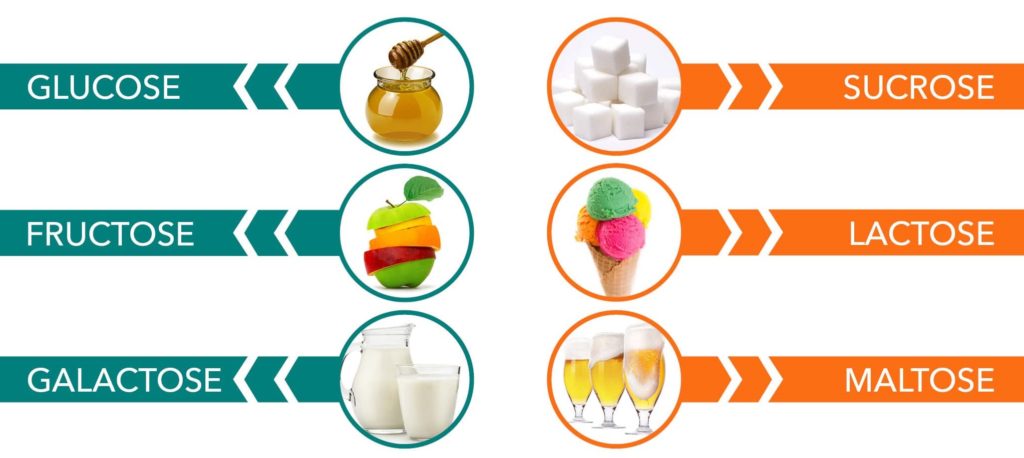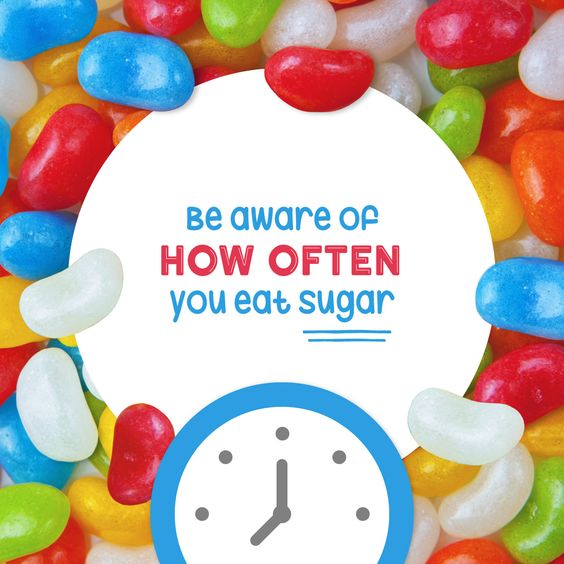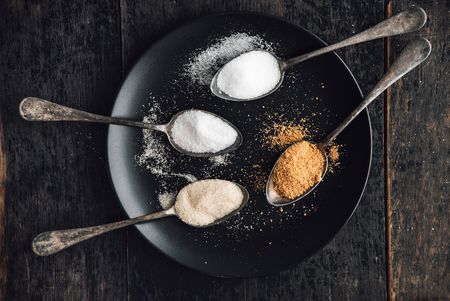Did you know there are different types of sugars? Brown sugar, cane sugar, icing sugar often come to mind, but what about other forms of sugars?
Sugars are classified as 2 different types: either added sugars, or natural sugars.
Added sugars can sneak their way into many foods – tomato sauce, pasta sauce, even ‘natural’ yogurts. Natural sugars can be just as tricky to detect as added sugars. There are 6 main types of natural sugars that we find.

So it’s just sucrose (added sugar) that is bad for my teeth right?
Whilst all sugars may not be considered equal from a health point of view, to our teeth – all sugars, including natural sugars – are in fact damaging, with the exception of lactose. There is little dental decay noticed by lactose alone, but many foods containing lactose may also contain added sugars (yoghurt, ice cream, flavoured milks). Fructose can be especially damaging for our teeth because it is often found in foods that are highly acidic, which adds to the damage they it can do.
So what does this mean for my teeth?
We often see patients who are surprised to find out they have dental decay, especially as they often consider themselves to have no ‘added’ sugar in their diets. Often we would choose to have a piece of fruit rather than a slice of cake for afternoon or morning tea thinking we are making a healthier choice, but in reality, both of these foods are damaging to our teeth. Parents can often fall into this trap with their children, as children that eat several pieces of fruit per day can often require numerous fillings.
How can I prevent sugar damage to my teeth?

The easiest way to prevent the damage of sugar, is to reduce the exposure time. This means to try to have less meals or snacks through the day. This may be conflicting to what you hear with many diets, which suggest eating several small snacks throughout the day.
If you are having several snacks, we recommend finding some foods that are low in natural sugars, as well as added sugar.
Some great examples are:
– popcorn
– nuts and grains
– plain yoghurt (no added sugar, low in lactose – greek)
– carrots
– celery
– eggs
